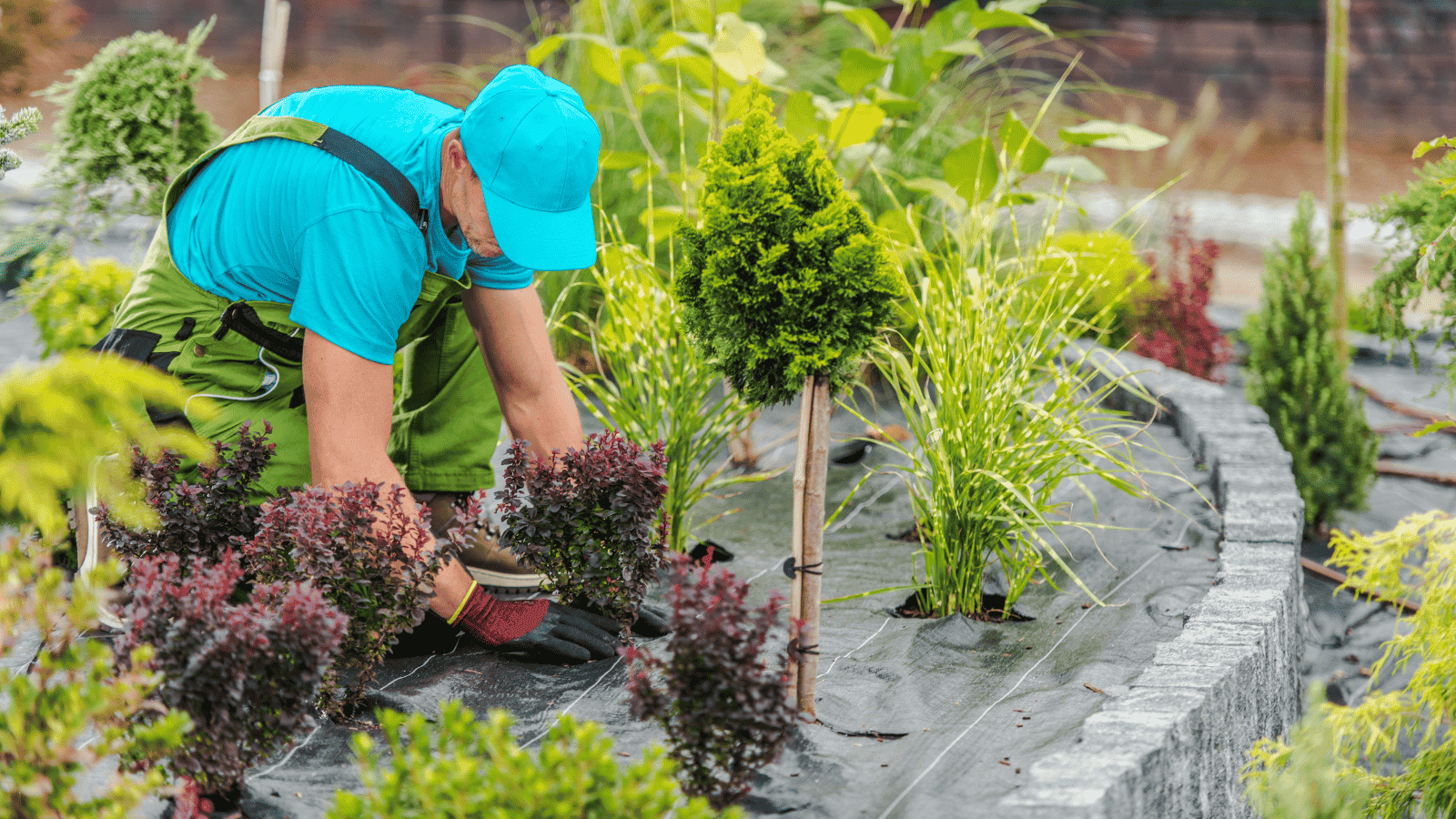Creating a sustainable landscape offers numerous benefits that extend beyond the aesthetics of your garden. Sustainable landscaping practices focus on conserving resources, supporting local ecosystems, and reducing environmental impact, all while creating a beautiful and functional outdoor space. Here’s why you should consider building a sustainable landscape.

Environmental Benefits
A sustainable landscape helps protect and enhance the environment. By using native plants and minimizing chemical inputs, you can reduce pollution and promote biodiversity. Native plants are adapted to local conditions, requiring less water and fertilizer, which helps conserve water and reduce runoff. Additionally, these plants provide habitat and food for local wildlife, supporting a healthy ecosystem.
Cost Savings
Sustainable landscaping can lead to significant cost savings over time. By reducing the need for water, fertilizers, and pesticides, you can lower your garden maintenance expenses. Efficient irrigation systems, such as drip irrigation, minimize water waste and reduce water bills. Moreover, using native plants that require less care and maintenance can save you both time and money.
Enhanced Soil Health
Healthy soil is the foundation of a thriving garden. Sustainable landscaping practices, such as composting and using organic mulch, improve soil structure and fertility. Compost adds essential nutrients to the soil, enhancing plant growth and health. Organic mulch helps retain soil moisture, suppress weeds, and protect the soil from erosion. By nurturing your soil, you create a resilient and productive garden.
Climate Resilience
Sustainable landscapes are better equipped to withstand extreme weather conditions. Native plants are more resilient to local climate variations, including droughts and heavy rains. By incorporating diverse plant species, you can create a more stable and adaptable garden ecosystem. This resilience helps protect your garden from climate-related stresses and reduces the risk of plant loss.
Personal Well-Being
A sustainable garden can enhance your personal well-being by providing a peaceful and healthy outdoor environment. Gardens designed with sustainability in mind often include features that promote relaxation and enjoyment, such as seating areas, water features, and natural shade. Spending time in a well-designed garden can reduce stress, improve mental health, and encourage physical activity.
Community and Aesthetic Value
Sustainable landscapes contribute to the beauty and value of your community. Well-maintained gardens with native plants and eco-friendly practices set a positive example for neighbors and promote community pride. Additionally, sustainable gardens can increase property values by creating attractive and environmentally responsible outdoor spaces.
